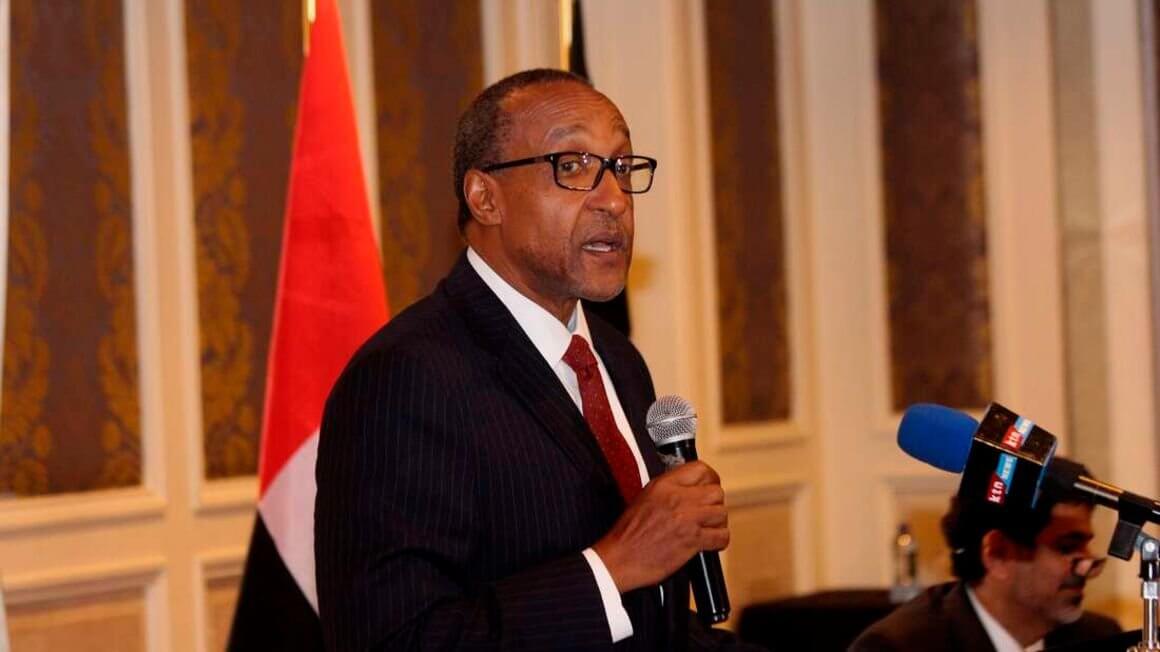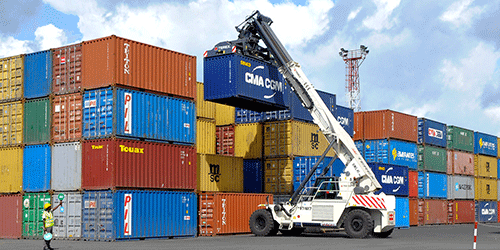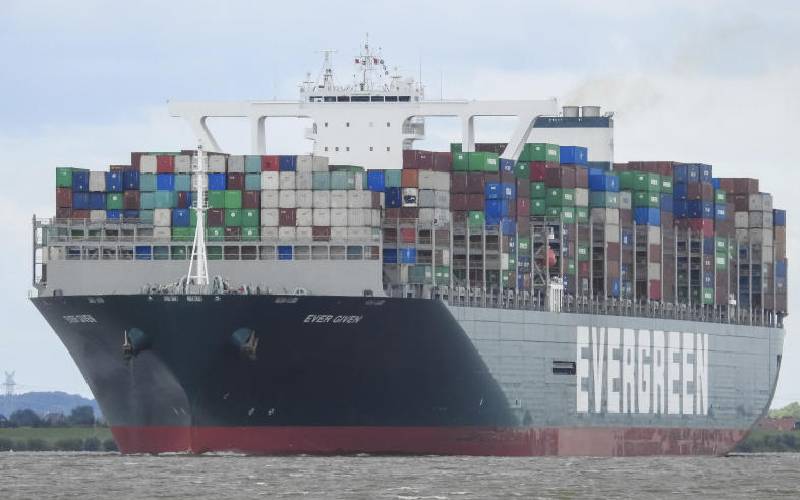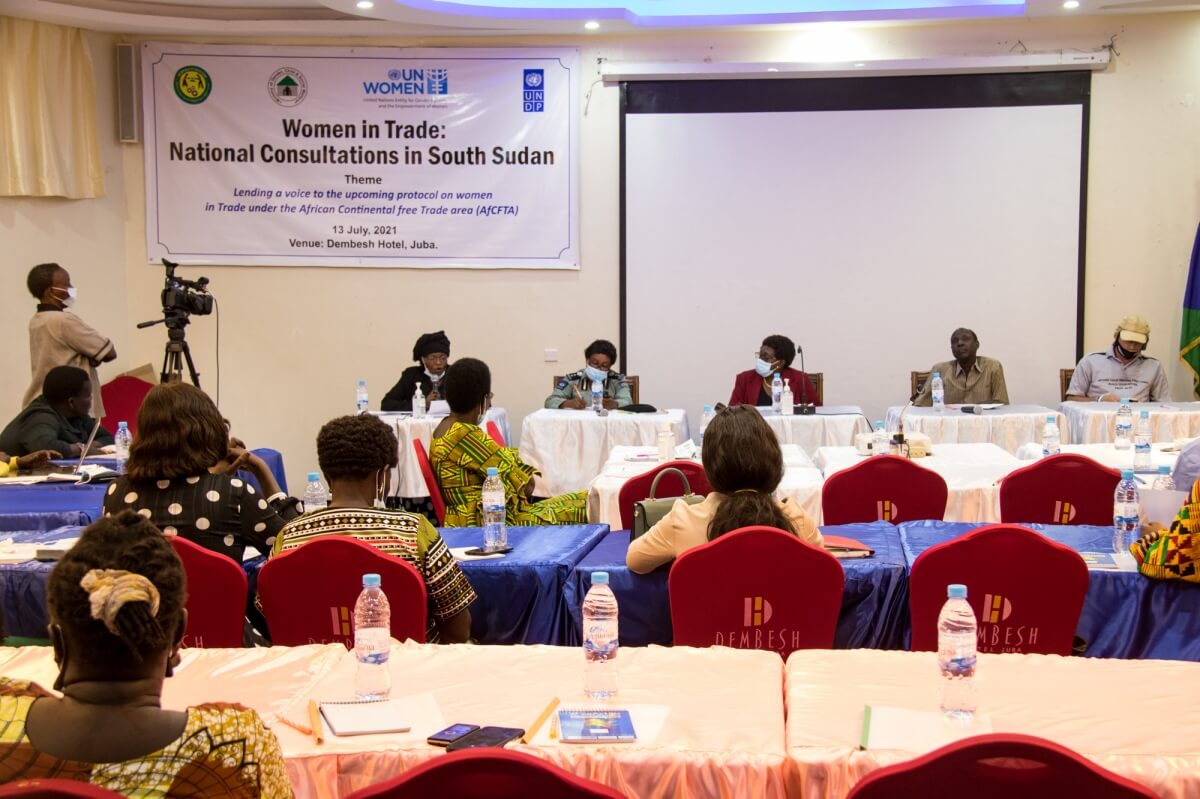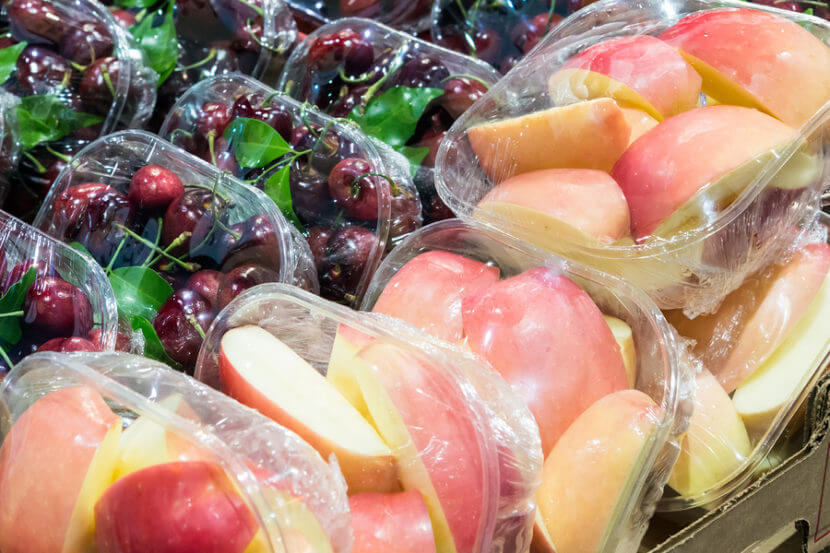As several countries across Africa continue to be impacted by third and fourth waves of the COVID-19 pandemic, the latest AFRI CONVERSE 2021 dialogue took a closer look at innovative local initiatives and the ongoing international support to bolster the continent’s response to the virus. Approximately 18 months since the outbreak of the pandemic, over 2.5 million people in Africa have been infected and the death toll is in the tens of thousands. A recent United Nations Development Programme (UNDP) study warned that by 2030, approximately eight out of 10 people pushed into poverty due to COVID-19 will live in countries on the lower end of human development, with the heaviest burden falling on Africa. And yet, in spite of the harsh impact of the pandemic on livelihoods, the continent has demonstrated extraordinary resilience across various sectors when compared to the other regions of the world. Opening the fourth instalment of the AFRI CONVERSE dialogue this year, Professor Tomohiko Sugishita, from the Department of International Affairs and Tropical Medicine at the Tokyo Women’s Medical University said, “this session is a wakeup call for us to examine Africa’s ingenuity, productivity and capacity to mitigate the pandemic, as well as determine how we can support such opportunities in building a new future for the continent.” “To boost the efforts taken by our partner countries in Africa and other parts of the world in response to the pandemic, JICA has launched JICA’s Initiative for Global Health and Medicine focusing on treatment, precaution, and...
‘Homegrown’ Solutions Can Bolster Africa’s COVID-19 Response
Posted on: August 3, 2021
Posted on: August 3, 2021





